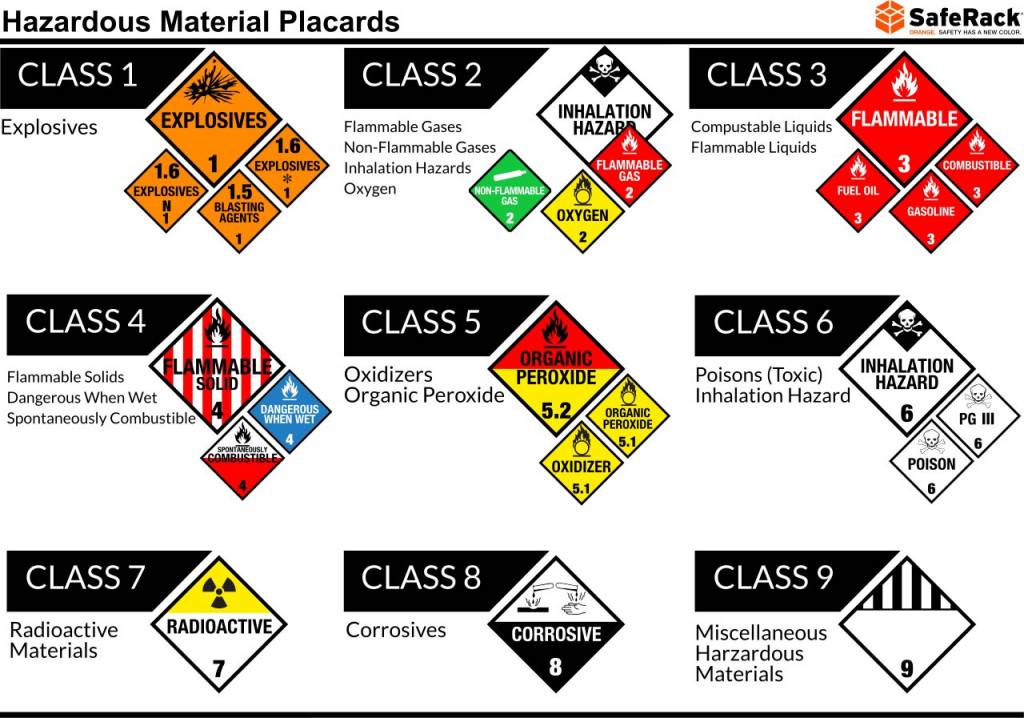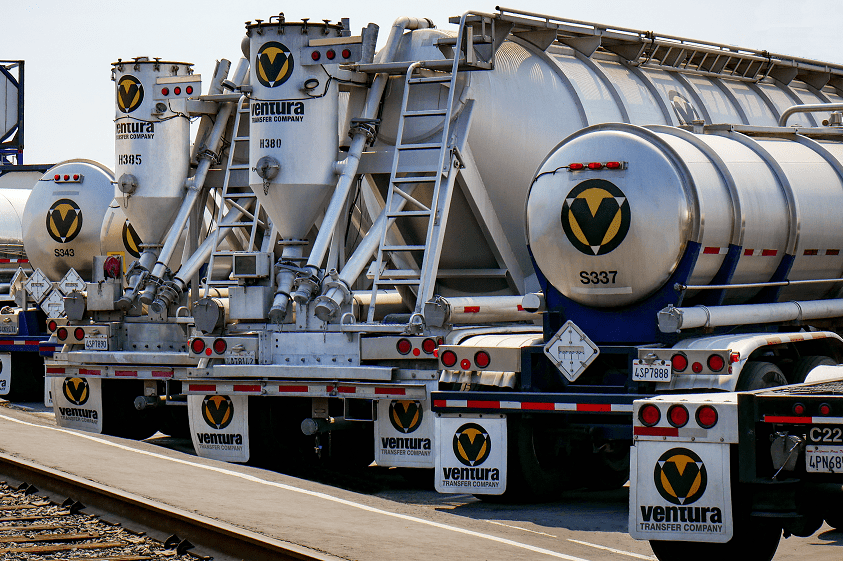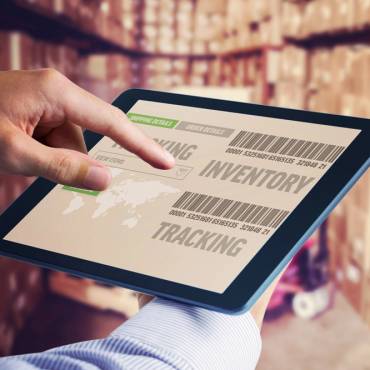Trucking can be a rewarding career with an estimated 241,200 new jobs opening up every year. Truck drivers can earn competitive wages while traveling across the country: Some can even increase their earning potential by obtaining new skills, like a hazmat certification for chemical transportation.
Working in hazardous chemical transportation could potentially offer higher wages and more opportunities than tasks that only require a standard commercial driver’s license (CDL.) However, transporting hazardous materials also comes with a greater inherent risk than other types of trucking work. So, prospective drivers must understand hazardous material transportation safety requirements.
Below, learn more about the chemical transportation regulations, and discover how to get hazmat-certified in your state.
What is Chemical transportation?
Chemical transportation involves the shipping of potentially hazardous chemicals for distribution or disposal.
There are three main ways that chemical transportation companies usually ship chemicals or other hazardous materials by road. They include:
● Dry bulk trailers: Large enclosed tanks designed to transport non-liquid materials, like certain dry chemicals or minerals and powders.
● Dry van trailers: Standard truck trailers, which are often used to transport drums or other containers.
● Liquid bulk tanks: Cylindrical tanks designed to withhold corrosion while transporting hazardous liquids.


What chemicals and materials are classified as hazardous?
The Department of Transportation designates materials that they consider to be a danger to people and the environment as hazardous materials. They divide these into nine different classes, which are:
- Explosives, such as ammunition, igniters, detonaters, and TNT.
- Gases, Like aerosols, compressed air, natural gasses, helium, hydrogen, and more.
- Flammable or Combustible Liquids, including adhesives, ethanol, petroleum-based fuels,
- Flammable solids, like metal powders, calcium carbide, sulphur, and batteries.
- Oxidizer or Organic Peroxide, like nitrates, fertilizers, and peroxides.
- Poison, including biomedical waste, cyanide, arsenic, chloroform, pesticides, tear gas substances, and more.
- Radioactive Materials, such as ores, isotopes, depleted or enriched uranium, and contaminated objects.
- Corrosive Materials, like acids, battery fluid, paints, and fuel cell charges.
- Miscellaneous Materials, which may include dry ice, asbestos, fertilizer, chemical kits, and more.
As a hazmat-certified driver, you might choose only to transport specific items, like chemicals, or to take on a wider range of materials.
Other hazmat shipping requirements
Hazmat shipping requirements state that drivers transporting dangerous materials must display a warning placard on the sides and ends of containers and vehicles. However, there are some exceptions, like transporting small quantities of materials in certain hazard classes.
How does a truck driver obtain a hazardous endorsement?
In addition to their commercial driver’s license (CDL), drivers must also earn a hazardous materials safety permit (HMSP,) which involves passing a written test. Drivers also need to pass a security threat assessment, which involves getting fingerprinted and completing a TSA background check. Although, specific requirements can vary by state.
After passing these certifications, drivers can earn their hazmat (H) endorsement. However, some drivers may choose to pursue a class X endorsement instead, which combines the tests for both hazmat and tankard certification, allowing you to transport hazardous materials by tank.
What’s the average hazardous material driver salary?
Because of the inherent risk associated with transporting hazardous materials, hazmat-certified drivers earn slightly more than standard CDL drivers, on average. According to data from Salary.com, Standard Class A CDL drivers make an average of 48,090 and $61,450 per year, while hazmat-certified drivers earn between $64,480 and $83,200 annually.
However, that number can vary, depending on your location and whether you choose to work as an independent contractor or a staff driver with a chemical transportation company.
What are the pros and cons of becoming a hazmat driver?
Beyond higher pay, hazmat drivers may also enjoy a number of other potential benefits, such as:
● More opportunities. Having a hazmat certification opens up the potential for new jobs, where there may be less competition. This allows you to “niche down” into a certain industry and help you earn specialty clients.
● Helps you stand out. Even if you don’t contract specifically for hazmat jobs, having the certification shows employers and clients that you take your job seriously and could give you a potential edge over other drivers.
On the other hand, getting a hazmat certification can also come with a number of cons, including:
● Cost and time: Getting and maintaining hazmat certifications requires an additional investment in both time and money. Drivers must also stay up to date on current hazmat shipping requirements and regulations.
● Higher risks. Of course, transporting potentially hazardous materials can present more concerns than other types of materials, like fire hazards.
Conclusion – Is chemical transportation right for you
The DOT requires all drivers and chemical transportation companies to follow strict rules and requirements when transporting potentially hazardous materials, like displaying placards on tanks. Earning a hazmat certification isn’t for every driver. However, those who are open to the challenge may enjoy higher pay, more job opportunities, and other advantages of specializing in hazardous material transportation.
Work with a Rhode Island chemical transportation company
Looking for steady work as a licensed CDL driver in the New England area? Check out N&D Transportation Company Inc.
At N&D, we offer several opportunities for Class A CDL drivers, such as local runs here in Rhode Island and New Jersey or direct delivery work. Working with us, you’ll enjoy a full benefits package, including health and dental insurance and a paid 401k. Visit our careers page for more information about open positions and a contact form.



